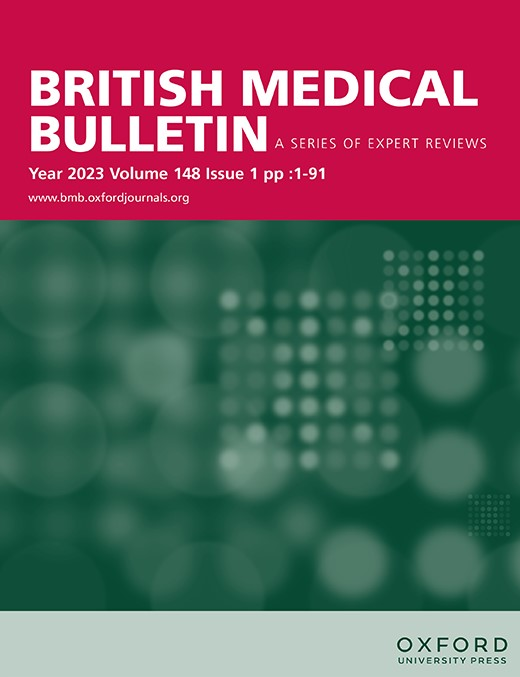医生,我的脚踝骨折了。我什么时候可以回来比赛?最新的系统综述
IF 6.7
2区 医学
Q1 Medicine
引用次数: 3
摘要
摘要:踝关节骨折在运动中很常见。目前尚不清楚他们的最佳管理方式,也不清楚患者何时可以恢复体育活动。本系统综述对急性外伤性踝关节骨折手术和非手术治疗后恢复运动的文献进行了当代评估。我们系统地检索Pubmed、谷歌Scholar、Cochrane Library、EMBASE和CINAHL,检索词为“踝关节骨折”、“踝关节损伤”、“运动员”、“运动”、“重返运动”、“重返活动”、“手术管理”、“非手术管理”。13项回顾性研究符合纳入标准。这些研究的方法学质量普遍较差。患者恢复体育活动的比例很高。在一些研究中,非手术治疗的患者可以更快地恢复体育活动。恢复体育活动的时间和治疗后的表现水平并没有普遍记录,恢复体育活动的最佳时间仍有待确认。对于稳定性或未移位性骨折的保守治疗可能导致更高比例的患者更快地恢复运动。需要及时开展研究的领域随机对照试验应比较保守治疗和手术治疗对适当选择的骨折类型。未来的研究应该定期报告恢复运动的时间,达到的表现水平,以及实现这一目标的时间。本文章由计算机程序翻译,如有差异,请以英文原文为准。
Doctor, I fractured my ankle. When can I return to play? An updated systematic review
Abstract Introduction Ankle fractures in sport are common. Their optimal management is unclear, as is when patients can return to their sports activities. This systematic review provides a contemporary assessment of the literature on return to sports following acute traumatic ankle fractures managed both operatively and non-operatively. Sources of data We systematically searched Pubmed, Google Scholar, the Cochrane Library, EMBASE and CINAHL using the terms ‘ankle fractures’, ‘ankle injuries’, ‘athletes’, ‘sports’, ‘return to sport’, ‘return to activity’, ‘operative management’, ‘non-operative management’. Areas of agreement Thirteen retrospective studies fulfilled the inclusion criteria. The methodological quality of the studies was generally poor. The proportion of patients returning to sporting activity was high. In some studies, a quicker return to sporting activity was demonstrated in patients managed non-operatively. Areas of controversy The time to return to sporting activity and level of performance post-treatment are not universally recorded, and the optimal time to return to sport remains to be confirmed. Growing points Conservative management for stable or undisplaced fracture may result in a higher proportion of patients returning to sport more quickly. Areas timely for developing research Randomized controlled trials should compare conservative to surgical treatment for appropriately chosen fracture patterns. Future studies should routinely report the timing of return to sport, the level of performance reached, and the time to achieve this.
求助全文
通过发布文献求助,成功后即可免费获取论文全文。
去求助
来源期刊

British medical bulletin
医学-医学:内科
CiteScore
13.10
自引率
1.50%
发文量
24
审稿时长
>12 weeks
期刊介绍:
British Medical Bulletin is a multidisciplinary publication, which comprises high quality reviews aimed at generalist physicians, junior doctors, and medical students in both developed and developing countries.
Its key aims are to provide interpretations of growing points in medicine by trusted experts in the field, and to assist practitioners in incorporating not just evidence but new conceptual ways of thinking into their practice.
 求助内容:
求助内容: 应助结果提醒方式:
应助结果提醒方式:


